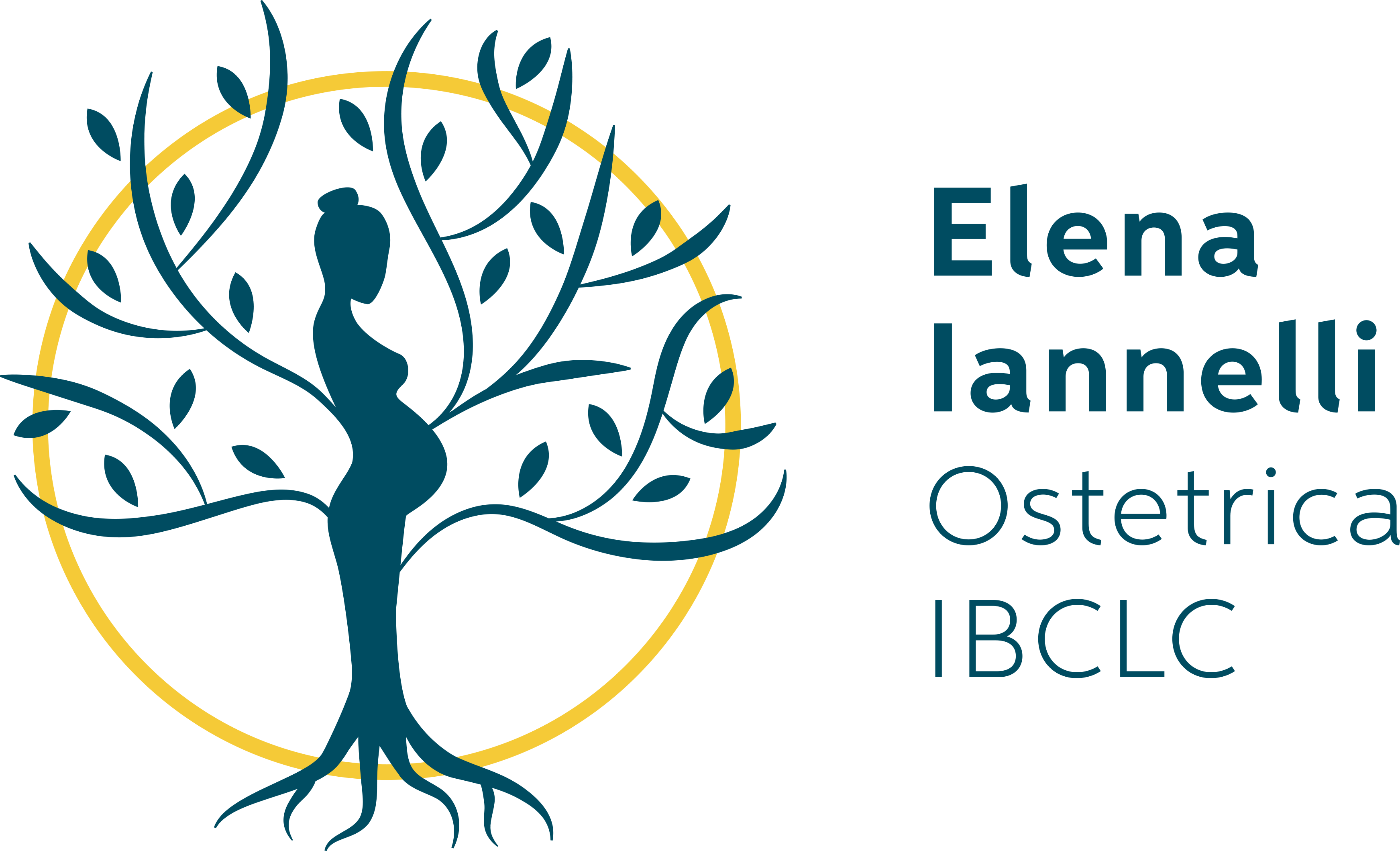12 false myths about breastfeeding

Breastfeeding is a fundamental right of children and it is their mothers’ right to be supported in fulfilling their desire to breastfeed.
The promotion of breastfeeding is considered a public health priority at international level. The World Health Organisation (WHO) recommends that infants should be exclusively breastfed up to six months of age and that breastmilk should remain the milk of first choice, even after the introduction of complementary foods, up to two years of age and beyond, and for as long as mother and baby wish.
Too often, however, we still hear a lot of misinformation about breastfeeding. To avoid finding yourself confused or in the middle of unsolicited discussions or comments, I will try to clarify the famous “false myths”.
1) Breastfeeding is easy
Although breastfeeding is natural, it is certainly not easy! Especially in the first few days after giving birth, you may need practical support on how to breastfeed and how to position the baby at the breast.
When physiology is respected, a newborn baby has the instinct to crawl to the maternal breast immediately. For various reasons, however, this does not always happen and therefore support becomes even more important.
Breastfeeding requires support and, above all, time to learn for both mothers and babies.
2) It is normal to feel pain while breastfeeding
One thing I often say in my classes is that if breastfeeding was painful or would result in damage to the nipples, no woman in the world I think would ever continue breastfeeding!
During the first few days you might feel some discomfort (which is different from pain!) as you get used to this new sensation. With some practice and the right directions, nipple pain can easily be avoided. Whenever you experience pain, always ask for support from qualified professionals.
3) The first few days you do not have enough milk
The amount of milk you produce in the very first few days is perfectly adequate for the size of your baby’s stomach. The capacity of the stomach, for example, in the first 24 hours is about 5 ml (one teaspoon!) and this is why your baby will make short and frequent feedings, not because he or she is not eating enough. As time goes by, your baby will be able to tolerate a gradually increasing amount; breastfeed on request and not according to specific patterns.
4) Breast must be washed before breastfeeding
Maternal breast, more specifically the glands on the areola, produces substances that instinctively attract and guide the baby to it.
The breast does not need to be washed at all before a feed. By doing so, in addition to removing the natural smell that drives your baby, you will also be eliminating those good bacteria that are essential for the formation of a healthy bacterial ecosystem in the baby (the microbiome).
5) Mother and baby should be separated to allow the mother to rest
The first two hours after birth are crucial for initiating breastfeeding and for making the baby feel protected and safe.
The benefits of skin-to-skin contact are well known in scientific literature, which is why it is encouraged to keep the baby in contact with the mother as much as possible also in the following days. The baby will thus be more stimulated to seek the breast, and consequently start the lactation process without interference.
If you are not able to keep your baby in skin-to-skin contact immediately after birth, your partner can do it too.
6) During breastfeeding you should follow a specific diet
Right from birth, your baby is already accustomed to the flavours of everything you ate during pregnancy. There is no need to follow a specific diet when breastfeeding, although it is always good to follow a healthy, balanced diet, of course.
If you introduce a new food and notice that your baby reacts negatively, it is always a good idea to talk to your paediatrician or an IBCLC consultant.
7) If you do not breastfeed your baby immediately, you will no longer be able to do so
If for some reason you cannot offer the breast immediately after birth, it is important to do so as soon as possible. Even if some formula milk has been introduced for medical reasons, you can always make up for it!
Remember that milk comes by suckling, so the more often you breastfeed, the more milk you will start to produce. If you need help, ask for help from qualified professionals.
8) Many mothers do not produce enough milk
The determining factors for good milk production are an effective and pain-free breastfeeding attachment, frequency and duration of feedings.
Most women produce enough milk to feed their baby. In very rare cases of major medical conditions or surgeries, it is always best to consult an IBCLC consultant already during pregnancy.
9) You should not breastfeed when you are sick
During a period of illness, the antibodies that you produce to fight the disease are passed directly to the baby through the milk, thus helping to strengthen its immune defences.
Except in special cases, you can always continue breastfeeding. If you are unsure because of a particular therapy, consult an IBCLC consultant.
10) No medication can be taken while breastfeeding
Strange as it may seem, most medications pass in very small amounts into breast milk. There is great confusion about this, even among medical professionals.
Inform your doctor that you are breastfeeding to minimise the risks, but if you are asked to stop breastfeeding for a particular treatment always seek advice from an IBCLC consultant first.
11) Babies who are breastfed develop a morbid relationship with their mother
Breastfeeding has health benefits for the baby and brain development that are not comparable to formula milk. There is a lot of recent evidence showing that being cuddled, feeling protected by parents in the first months of life helps brain development.
Hold your baby in your arms, talk to him/her: it will help him/her to grow more calm, confident and secure.
Every child is different. Regardless of the type of feeding, some babies may be more attached to their mother than others.
12) If you return to work, you must stop breastfeeding
Returning to work does not necessarily have to coincide with the end of breastfeeding. Obviously, the arrangements depend very much on individual situations, on the rights recognised by your employer, on the available family support and the distance from home to the workplace.
Many mothers continue breastfeeding even after returning to work. You just need to organise yourself in good time, decide on the best way for yourself and ask for help!
You might decide to work from home initially, if you can, with the help of a family member, come home on your breastfeeding breaks or have your baby brought to work, pump your milk some time in advance and store it so, if you cannot come home from work, the person who will be with the baby can give it to him or her, or you could pump your milk at work, store it and offer the breast as soon as you get home.

